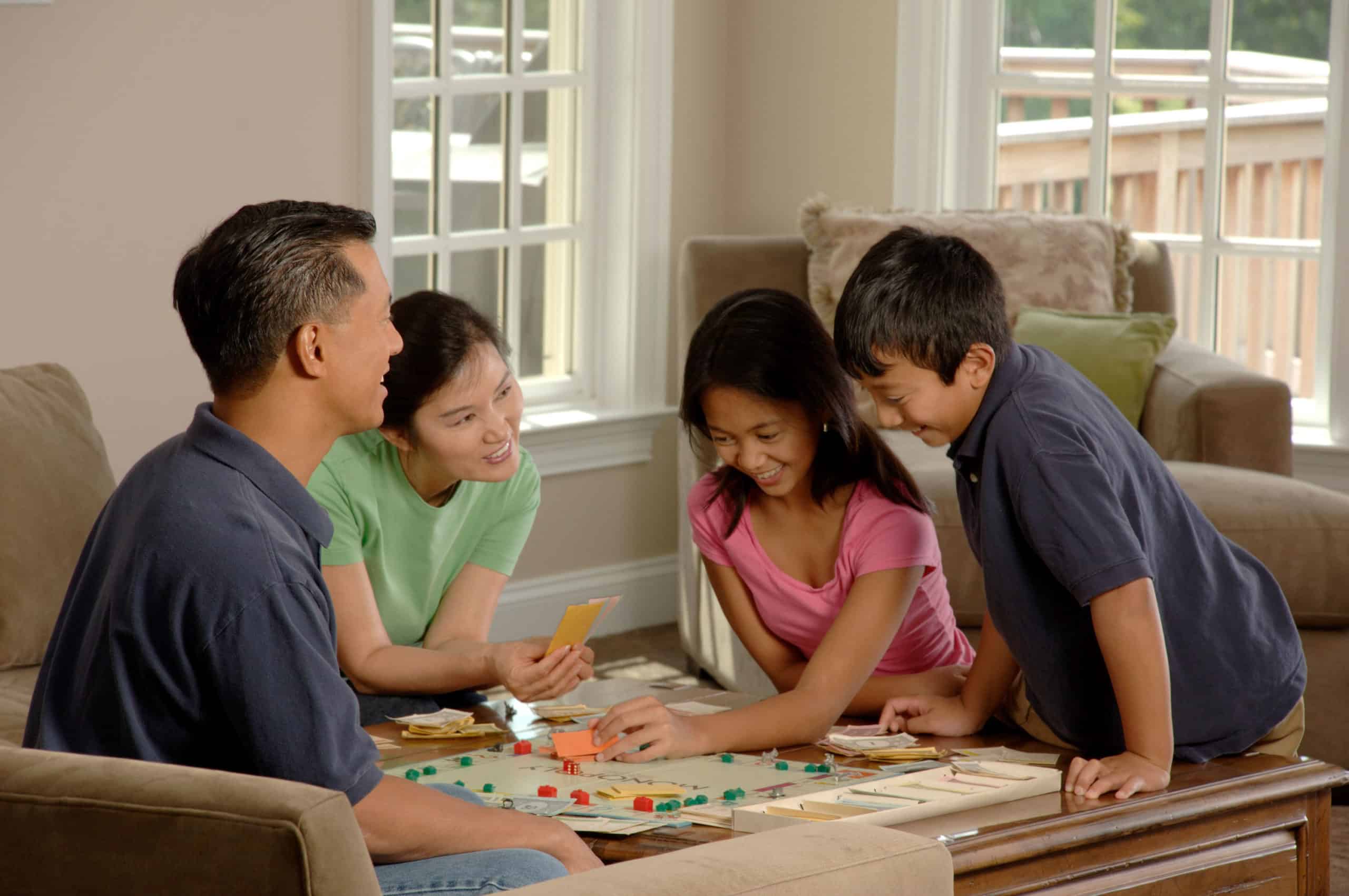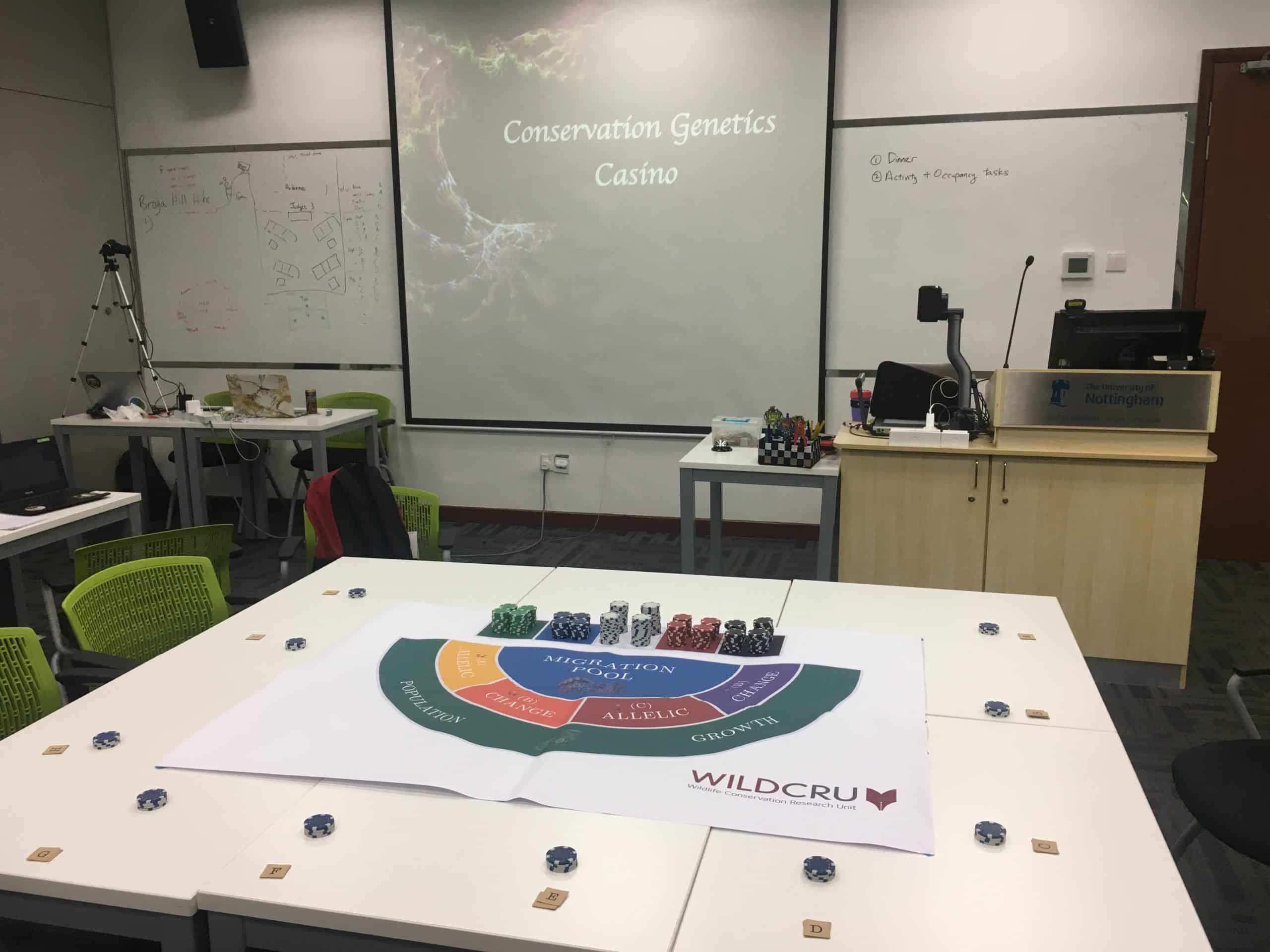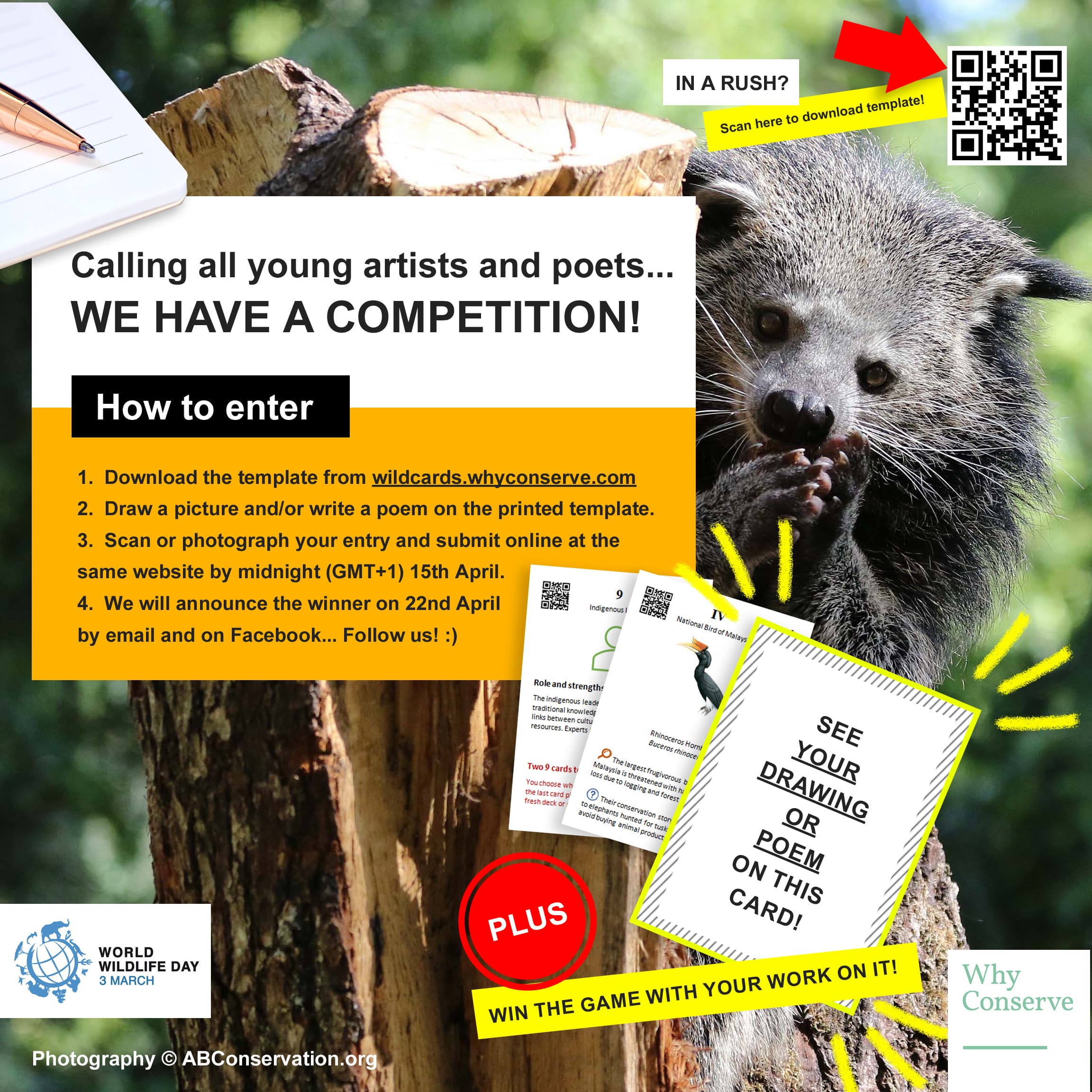“Do you want to play a game?”
What will the game be? Is it a card game, a board game, or something else? How do we play it?
When you hear these words, maybe you are excited, curious, or perhaps even your heart rate increases, adrenaline rushes around your body as you prepare to compete, and perhaps you notice a little sweat in the palms of your hands?
Games are fun, challenging, and can bring people together. They are a social thing, give us a sense of achievement, and a good game will allow you to express your own creativity, choice and mastery. Games, too, can teach us many things – many useful things for the real world.
And what motivates you to play? Read on. (Spoiler alert! Players wanted.)
Top benefits of games
When we play games, we experience the feeling of complete and energised focus. We often feel enjoyment, fulfilment, our worries and concerns disappear, and we seem to lose track of time, as we are calm and feel comfort and a sense of safety (Flow theory – Csikszetmijayi 1975).
In fact, playing games raises our emotions and feeds our natural basic desires as human beings – to learn, to have social contact, and the desire to act out of free will (Self-Determination Theory – Deci and Ryan 2002). Where games reflect or simulate real-life scenarios, they also allow us to generate ideas and solutions to overcome challenges, develop useful real-life skills, and feed another of our desires – compassion to improve society. (The 16 Basic Desires of Human Nature – Reiss 2001)
A classic example is the board game Monopoly, where players buy and sell properties and utilities, and must manage money and strategise to avoid bankruptcy – a rather harsh game of sink or swim!
And when we become so very close to winning, only to have victory snatched away by another player, we are driven by that desire of vengeance, to get even and win – and we play again.

Games in conservation
Games are a new form of education in today’s society. In nature conservation, we can learn a lot from playing games and they can certainly increase our interest in subjects such as genetics and law. These could take the form of fact-based, “did you know…?” type games, or could simulate scientific processes such as acting out lab experiments or taking on a particular persona or character in ‘experiential’ games. When learning (or teaching) about conservation issues, these experiential types of educational games which reflect real-life scenarios are a hands-down winner! They teach us cause and effect, such as in this game of conservation genetics (pictured), where players manage their population of coloured population chips against a variety of stochastic events.
Through playing games, we bond with each other (Tan et al. 2018; see also this 2-minute video). Beyond this, role play has the power to place ourselves in another’s shoes, to experience and understand things as they might. And when we are involved in active learning, rather than sitting in front of a blackboard, we simply learn better (Cone of Experience / Learning Pyramid – Dale 1946) – just like riding a bike.
As Benjamin Franklin once said:
“Tell me and I forget;
Teach me and I remember;
Involve me and I learn.”

Innovative education through experiential learning teaches players cause and effect, such as in the Conservation Genetics Casino. Credit: Cedric Tan / University of Oxford Wildlife Conservation Research Unit (WildCRU).
WANTED: Players, artists and poets everywhere – there is a brand new wildlife conservation game looking for you!
We’ve learned a few things about games (and made a few, too!: Eco-divo [Dr. Cedric Tan]; RSPO Smallholder Boardgame [Roundtable on Sustainable Palm Oil]; The WildCRU Game: Global Carnivore Conservation [WildCRU]). And we’ve got a new card game in the making, designed purposefully for conservation, with challenge, novelty, and you in mind. Today we are calling you to get involved – this is your call to action!
Firstly, for young artists and poets all over the world aged 19 and under – we are looking for your work to print on the final game cards! Competition now accepting entries online! Closes April 15th.
How to enter:
- Print the template at http://wildcards.whyconserve.com.
- Create your artwork and/or poem on the template (Theme: ‘Wildlife revival’).
- Photograph and upload your work to the website above before midnight April 15.
Secondly, for players – the game needs you! Nature is calling us to ‘up our game’. We need public citizens, scientists, media professionals, government workers, and all members of society to bring nature back to life!
To be the player nature needs right now, add your email address at www.whyconserve.com/game to be the first to know how to get the game, and please help us to build our team by recruiting your friends, colleagues and relatives, too.

Young people everywhere around the world aged 19 and under are invited to enter this art and poetry competition to win their work on the brand new card game for conservation. Credit: Why Conserve / ABConservation.org.
Thank you for reading. Game on!
Nathan Roberts (Why Conserve) and Dr. Cedric Tan (University of Oxford, WildCRU)
P.S.: don’t miss out on the new card game! Add your email address now – easy: www.whyconserve.com/game.


